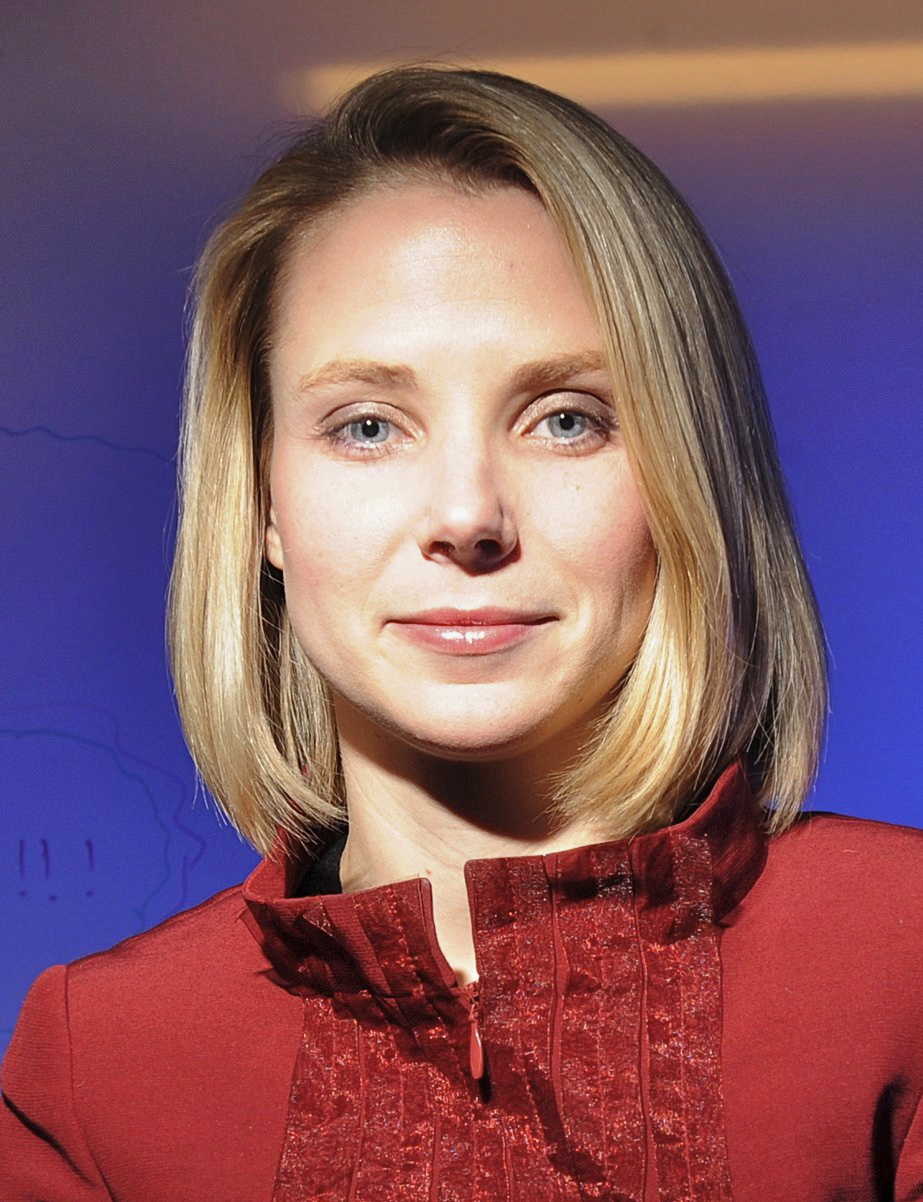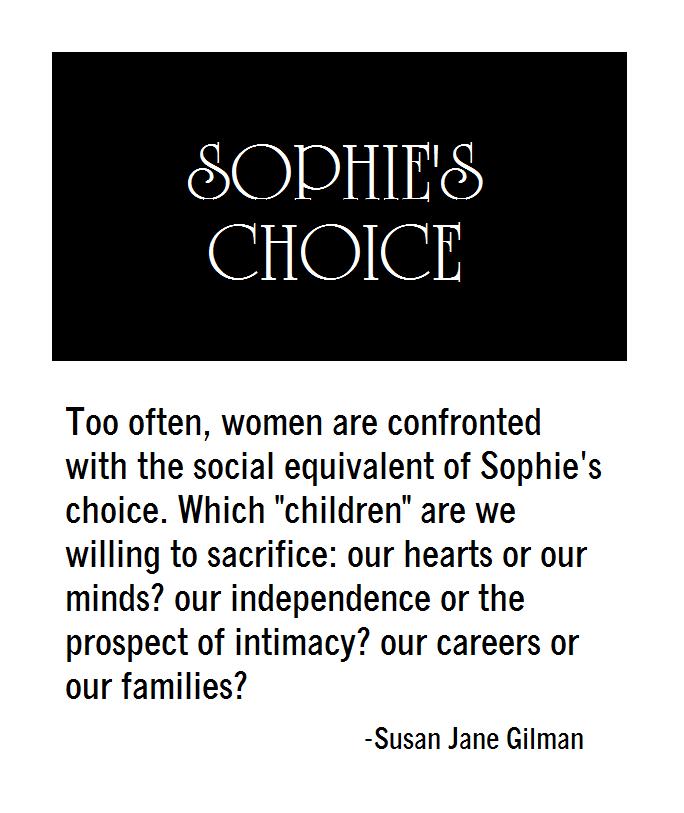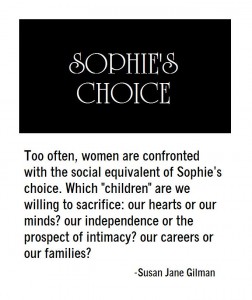On July 16, 2012, Yahoo announced that Marissa Mayer would take the helm as its new CEO. The news of Marissa’s appointment shook the tech world, raising both eyebrows and hopes.
After finishing high school in the Midwestern town of Wausau, Wisconsin, Marissa headed to Stanford University where she specialized in Artificial Intelligence, and obtained both undergraduate and post-graduate degrees. In 1999, Marissa joined Google as its first female software engineer and quickly began her climb through its ranks. By 2001, she had already been promoted to Product Manager, and was promoted again less than two years later to Director of Consumer Web Services. By late 2005, Marissa was appointed VP, Search Products and User Experience, giving her full responsibility for the search engine division. Seven years later and expecting her first child with husband, Zachary Bogue, Marissa has left Google to take on the challenge of bringing Yahoo back to life.
Here are five reasons why the decision she made was the right one:
1. Marissa Mayer Has Built A Stellar Reputation
Having recently celebrated her 13-year anniversary at Google, Marissa Mayer is a talented and accomplished engineer who knows the Internet inside out. With her keen eye for design, she has been credited with championing the search engine’s iconic minimalist layout and was instrumental in developing Google maps as well as Gmail. She is passionate about creating outstanding user experiences and is known for both her laser sharp focus and commitment to innovation. In 2008, at age 33, Marissa became the youngest woman to be listed among Fortune magazine’s America’s 50 Most Powerful Women in Business, and has made the list every year since.
2. Marissa Mayer Had Been Overlooked
In recent years, the pace of Marissa’s advancement at Google has slowed. In late 2010, her responsibilities shifted from heading up search services to VP, Local, Maps and Location Services. While dubbed a promotion, and technically giving her more direct reports, the move signaled that she was being overlooked for more significant roles in the upper echelons of leadership. Since last year’s re-appointment of co-founder, Larry Page, as CEO, she has been further shunned, and was excluded from his newly formed “L-Team” of advisers. Mayer’s past role as the Company’s articulate and enthusiastic primary public face has also been visibly diminished. Rumors, although vehemently denied, had continued to surface intermittently suggesting the possibility of Mayer’s departure.
3. Marissa Mayer Was Hungry for A New Challenge
At age 37, Marissa may well have been longing for the opportunity to claim a bigger stage, giving her the increased sense of satisfaction and personal accomplishment winners crave. Mayer was recently appointed to as a director of Wal-Mart, snagging her first Board seat at a public company. Approached by Yahoo in June, Marissa faced a tough choice: stay with the sure thing or jump at the more interesting chance to become head honcho in a more challenging role. And what a challenge it will be. After being one of the first out of the starting block in 1994, Yahoo quickly leapt to Internet supremacy, before being pummeled by Google. In 2008, Yahoo turned down Microsoft’s purchase offer of $47.5 billion. Since then, it has been adrift, in wake of social upstarts Facebook and Twitter.
4. Marissa Mayer Believes She Has the Chops to Get the Job Done
Marissa isn’t just another engineer who has spent her entire career at a single company. She has been a groundbreaking talent, leading Google in some of its most significant wins, and quietly honing all the skills it takes to be a high-caliber CEO. She knows that her technical knowledge and innovative vision are key strengths required for successful leadership in the fast pace Internet arena.
- She will need to attract and retain high quality engineering talent. Check. Marissa has finely honed organizational skills, as she is used to leading large teams of talented engineers. She has a proven commitment to strategic leadership and is good at mentoring talent, as evidenced by the programs she developed at Google to shape product managers into skilled executive leaders.
- She will need to bring a renewed spirit of innovation and create great products. Check. Product is what Marissa is good at, and probably the main reason she was chosen to take the helm at Yahoo. Former boss, Larry Page dubbed her a “tireless champion of our users”. Marissa will no doubt make technology and user experience Yahoo’s new top priorities.
5. Marissa Mayer Had Nothing to Lose and Everything to Gain
Mayer was quoted as saying “I wanted to work at Google because I felt utterly unprepared”. Management pundits have observed that once female leaders have broken through the glass ceiling, they are often more likely to take up positions which have a higher built-in risk of failure than their male counterparts. Perhaps we are just thrill-seekers! As one of Google’s first employees, Marissa is already a very wealthy woman with a recently estimated net worth of $300 million. While Yahoo has been flailing for years, it is still a giant with over 12,000 employees and an estimated 700 million users. Even if Marissa, like her recent predecessors, fails to revive the company, it won’t be too much of a black mark on her career. On the other hand, if she succeeds, she will scaled a “glass cliff”.
Can Marissa Mayer Turn Around Yahoo?
To bring Yahoo back to its former glory, Marissa will have to get back to basics. She will need to craft a clear and compelling vision, and work to restore a sense of purpose and direction. Yahoo doesn’t know what wants to be anymore; it has lost its relevance, still serving as a portal to content, but creating very little user engagement. She will need to answer the all important question: “why does Yahoo exist?”, and inspire her beleaguered troops with the confidence to become a force of innovation once again. She will be in for a long and hard journey; it will take at least three to five years to see good efforts bear fruit. If she is successful in making Yahoo a champion again, she will have a clear shot at what she possibly craves most: to be Queen of Silicon Valley.
Please leave me your comments on whether you think Marissa Mayer will be successful.




